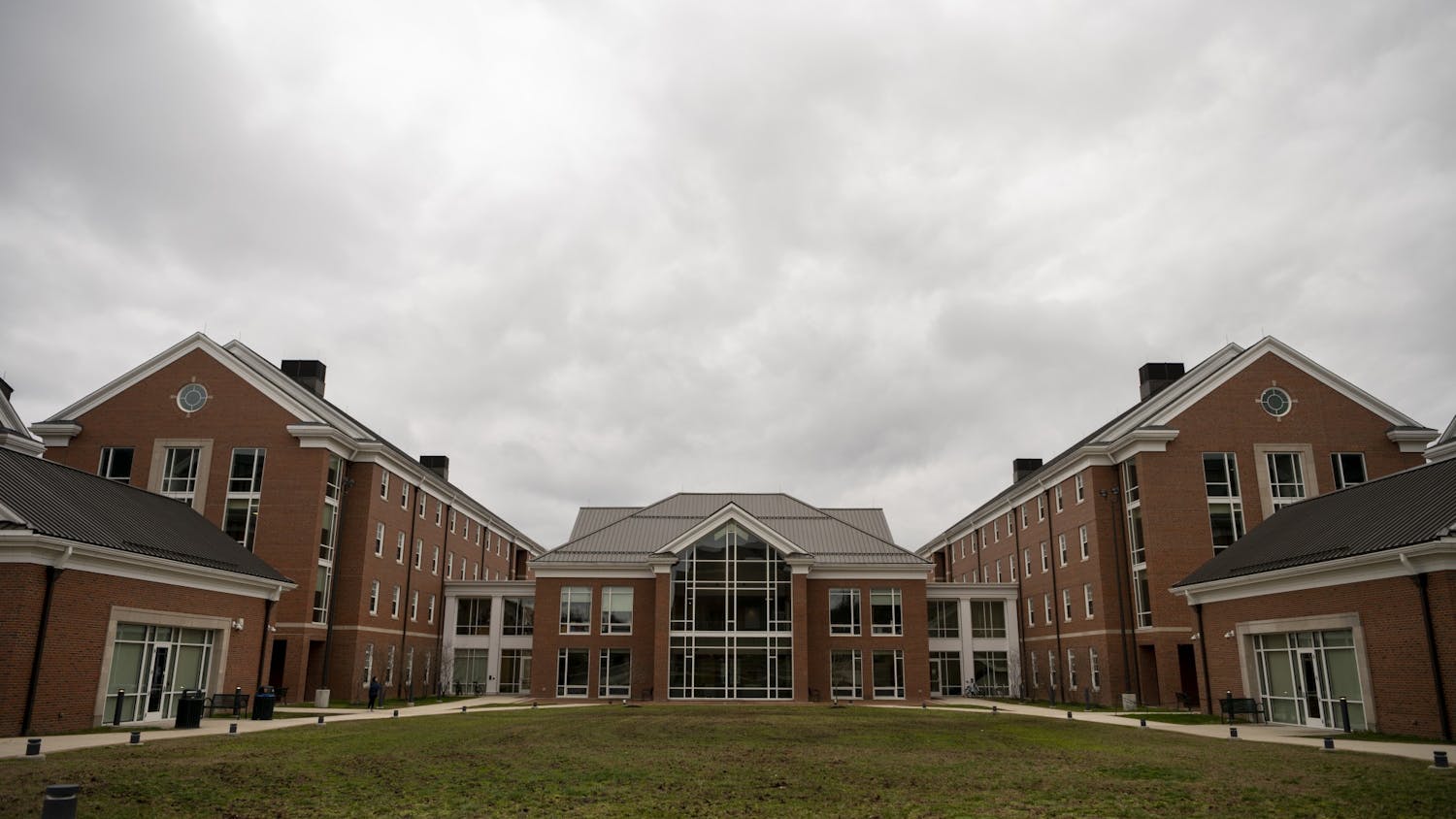MTV’s “The Real World,” created in 1992, started the rise of a new genre of televised content. The show was a huge success and solidified reality television as a distinct genre. Watching people live together, conduct themselves in dramatized situations or compete in challenges with the chance of a prize has kept audiences captivated with reality TV for over 30 years.
Some reality TV shows sparked a wave of education among viewers, such as “Teen Mom” and “16 & Pregnant.” These shows showcased the tumultuous reality of teen parenthood, resulting in lower teen pregnancy rates during the time of its original airing, despite criticism that they popularized it. Other shows, like the sixth season of “Love Island,” sparked a new wave of online popularity among fans with its iconic lines, drama and viral moments.
Sophie Downing, a Ph.D. candidate in communication studies, expressed love for “trashy reality TV.”
“I love a good, trashy reality TV show, especially Love Island (or) Bachelor type ones,” Downing said. “I think they're just kind of fun. It is very interesting from an academic standpoint, too. If we think about different influences (like) why people go on these shows, and the kind of culture around them, I think (it) is fascinating.”
Gabrielle Gilliland, a sophomore studying forensic chemistry, expressed a similar sentiment to Downing. She said she is fascinated by the quick connections and crazy challenges on shows like “Love Island” and “Big Brother.”
“I just find them funny more than anything and a little cringe, but it’s an escape from my world,” Gilliland said. “You’re just watching these random people do weird things that you would never do and you’re like ‘Oh, that’s funny and interesting.’”
Gilliland added she feels engaged in reacting to fun reality TV moments.
“I watch ‘Love Island’ and I'm like, ‘Oh my God, why are you kissing this random man five minutes after you met him?’” Gilliland said.
The curiosity audiences have toward reality TV cannot be underestimated. Viewers anticipate the next episode in these reality TV shows through their dramatic storylines, contestants’ attempts at finding love, messy fights and underdog stories.
Downing said these elements draw audiences into the reality TV realm.
“There’s the romantic side that we like to think people can find love, and it's interesting to watch people do that, especially people who probably wouldn't have met otherwise,” Downing said. “I also think it's the dramatic moments that usually sell, and that's what gets people to watch.”
Downing said the TV genre also presents a strange hook that pulls viewers in, as well as a sense of community among viewers.
“We also have a kind of perverse fascination with things going wrong and seeing people in hard situations, which is something we as a society should maybe investigate a bit more,” Downing said. “It's also a social event too. I would watch ‘The Bachelor’ with my friends in college, or I watched ‘Love Island’ with one of my friends.”
Despite the communal effect of reality TV, it is not taken seriously by the general public or critics. In an article from Columbia Magazine, writer Julia Joy interviewed Danielle J. Lindemann, a sociology professor at Lehigh University. Lindemann said she thinks the genre shows should be taken more seriously.
“I see reality TV as a kind of fun-house mirror, because it can show us ourselves in caricatured or amplified form,” Lindemann said in the story. “The genre reveals some of the worst things about society — sexism, racism, classism, materialism — and dials them up to eleven. But it also shows us the best of ourselves in its creativity. Historically, reality TV has been more diverse than other forms of media in its representation of people of color and queer people, even if those representations haven’t always been positive.”
Megan Micata, a sophomore studying middle school education, said she liked the visibility of underprivileged communities in competition shows like “RuPaul’s Drag Race.”
“I like it for the queer representation that's in it, and it's also hilarious,” Micata said.
In a world post-pandemic, reality TV worked as a mirror into the worlds of others dealing with similar circumstances. It has been a source of representation and escape for those who support the genre.






